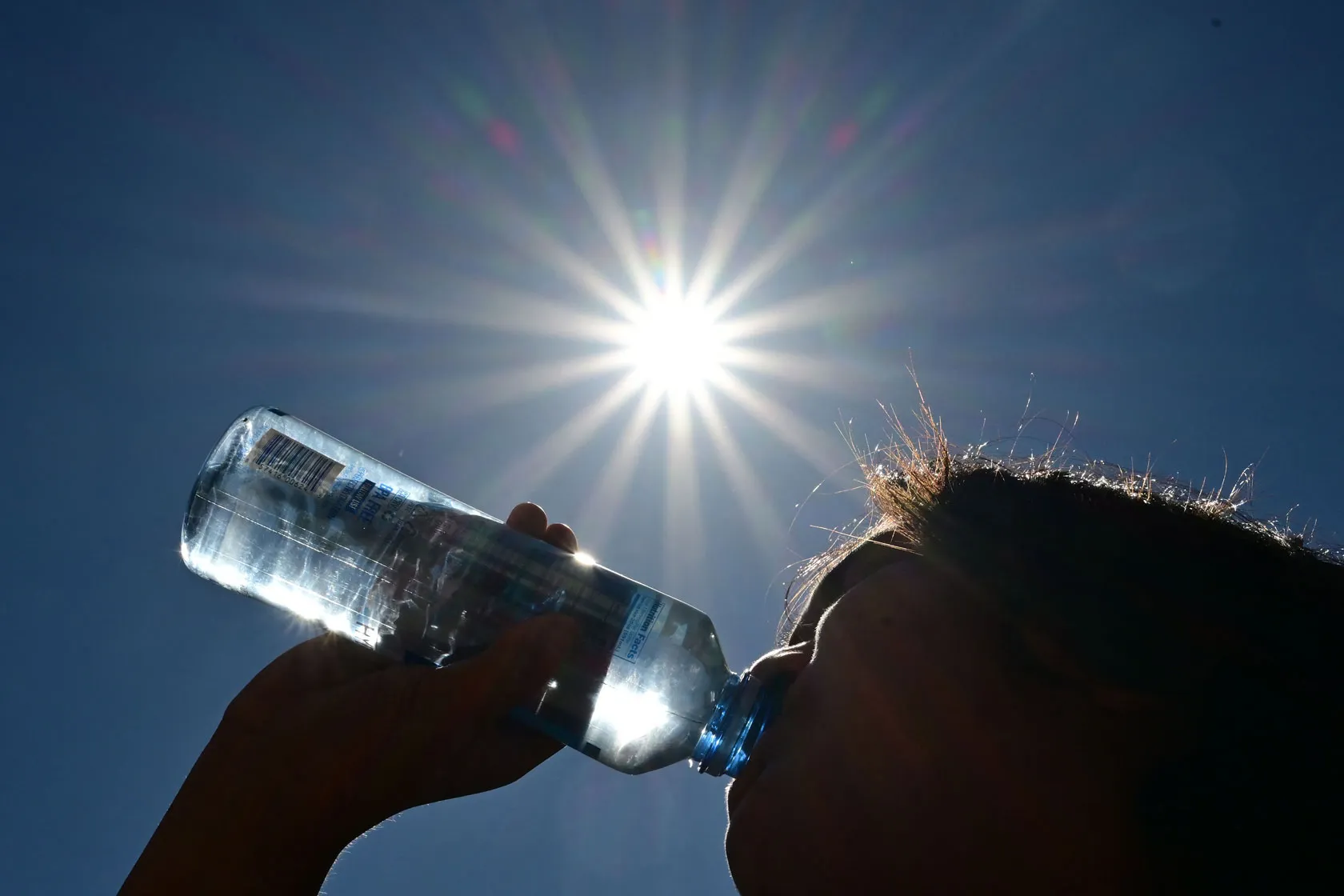Periods of extreme heat, even a single day reaching 35°C, significantly increase the risk of injury, hospitalization, and death. This is because when the body overheats, the heart and kidneys fail to function properly, leading to detrimental health effects. The body’s response to heat stress involves physiological changes that can be harmful, especially if it cannot maintain internal temperature and blood pressure.
According to Daniel Gagnon, an associate professor at the Université de Montréal, the body’s ability to handle heat varies, with healthy and physically active individuals generally having some protection. However, as people age, their capacity to dissipate heat decreases, making older adults more prone to heat stroke.
Particularly vulnerable groups include young children and people over 70, especially those with pre-existing conditions.
In a study conducted by Gagnon, the effects of extreme heat were compared between healthy young adults and seniors, both with and without heart disease. The study found that over a third of seniors with heart disease experienced severe deregulation of body functions, with the heart struggling to supply enough oxygen under heat stress.

This highlights the increased vulnerability of older adults and those with health issues during heatwaves.
Acclimatization to heat can improve the body’s tolerance, but it requires time and regular exposure. Research from military and sports fields indicates that daily exposure to hot environments, such as hot baths combined with moderate exercise, enhances heat tolerance.
Gagnon’s team also explored Finnish saunas for seniors with heart disease, finding that gradual exposure increased perspiration, a sign of heat acclimatization.
To better understand and address the health risks associated with extreme heat, Gagnon has initiated a large-scale study aiming to recruit 1,000 participants over 18 years old. This study seeks to uncover the mechanisms underlying heat-related health risks and develop targeted prevention strategies.
Meanwhile, Gagnon offers practical tips for staying cool during hot summers: use electric fans effectively, sponge with cool water, soak feet in cold water, maintain social connections, and set air conditioners to a moderate 25°C to build heat tolerance and conserve energy.
